AI-Driven Cancer Therapy: Recursion Doses First Patient in REC-1245 Trial for Solid Tumors
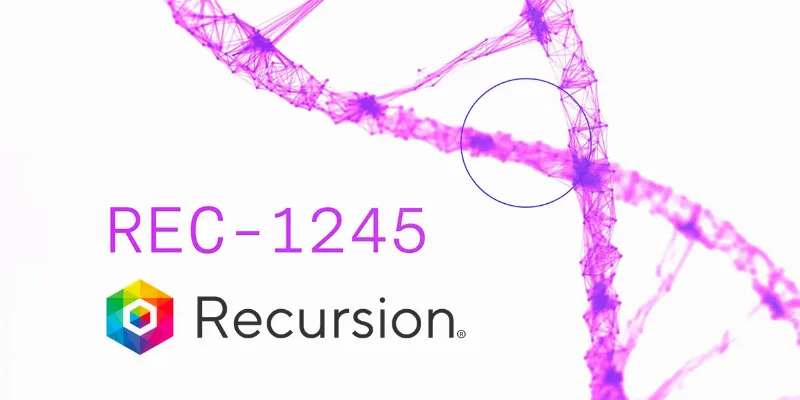
Recursion, has dosed the first patient in its Phase 1/2 DAHLIA clinical trial of REC-1245, a potential first-in-class therapy for biomarker-enriched solid tumors and lymphoma. Developed using artificial intelligence (AI), REC-1245 disrupts RNA splicing, impairing cancer cell DNA repair.
The DAHLIA trial represents a new era of precision oncology, showcasing the transformative power of AI in accelerating drug discovery and integrating cutting-edge molecular biology to develop innovative cancer treatments.
Precision Oncology Meets Cutting-Edge Science
Najat Khan, Chief R&D Officer of Recursion, emphasized the significance of this milestone, stating, “Dosing the first patient in the DAHLIA trial marks a pivotal moment for Recursion as we combine the power of our AI-enabled platform with cutting-edge science to pioneer a new class of targeted therapies. REC-1245 represents not only a potential breakthrough for patients with biomarker-enriched cancers but also a testament to our ability to rapidly translate novel insights into clinical programs. This milestone exemplifies our commitment to transforming the future of oncology with precision and speed.”
What is REC-1245?
REC-1245 is a novel molecular glue that leads to the degradation of RBM39 via E3 ligase adaptor DCAF15, which disrupts RNA splicing to downregulate cell cycle checkpoints and DDR networks, including CDK12. REC-1245 was characterized to selectively mimic the phenotype associated with CDK12 loss of function, and is an alternative target for modulating DNA damage response (DDR) pathways.
The drug was developed using Recursion’s AI-enabled platform, which facilitated the identification of RBM39 as a therapeutic target and accelerated the journey from target discovery to clinical studies in less than 18 months. Preclinical studies have demonstrated REC-1245’s ability to induce splicing defects and downregulate DDR networks, leading to therapeutic effects in cancers enriched with specific biomarkers.
Dr. McKean, a Clinical Investigator at START Mountain Region in Salt Lake City, echoed this optimism, stating, “The evolution of precision and personalized treatment options for oncology patients provides promising alternatives. We are so pleased to be working with Recursion as a participating site in the DAHLIA trial, and look forward to advancing the science of cancer treatment.”
The DAHLIA Clinical Trial
The DAHLIA trial is an open-label Phase 1/2 study designed to evaluate the safety, tolerability, pharmacokinetics (PK), pharmacodynamics (PD), and preliminary efficacy (objective response rate, ORR) of REC-1245. The trial aims to determine the maximum tolerated dose (MTD) and recommended Phase 2 dose (RP2D). The study includes two parts:
- Monotherapy Dose-Finding (Part 1A): Participants with advanced or metastatic cancers will receive REC-1245 as a single agent to establish safety and tolerability.
- Monotherapy Dose Confirmation (Part 1B) and Phase 2 Expansion: The most promising dose levels will be further evaluated in randomized trials, with Phase 2 focusing on specific patient cohorts.
REC-1245 will be administered orally once daily, either as a monotherapy or in combination with other agents, such as DDR inhibitors, checkpoint inhibitors, or chemotherapy.
A Pioneering Journey Powered by AI
The rapid development of REC-1245 showcases the power of AI in revolutionizing drug discovery. By leveraging AI-powered biological maps, Recursion identified RBM39’s regulatory role in DDR pathways, laying the foundation for this innovative therapy. The company synthesized approximately 200 compounds during the process, demonstrating the efficiency of its technology.
About Recursion
Recursion (NASDAQ: RXRX) is a leading, clinical-stage TechBio company decoding biology to industrialize drug discovery. Central to its mission is the Recursion Operating System (OS), a platform built across diverse technologies that continuously expands one of the world’s largest proprietary biological, chemical and patient-centric datasets. Recursion leverages sophisticated machine-learning algorithms to distill from its dataset a collection of trillions of searchable relationships across biology and chemistry unconstrained by human bias. By commanding massive experimental scale—up to millions of wet lab experiments weekly—and massive computational scale—owning and operating one of the most powerful supercomputers in the world—Recursion is uniting technology, biology, chemistry and patient-centric data to advance the future of medicine.

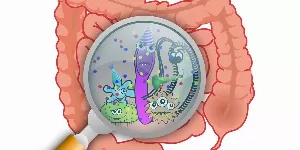



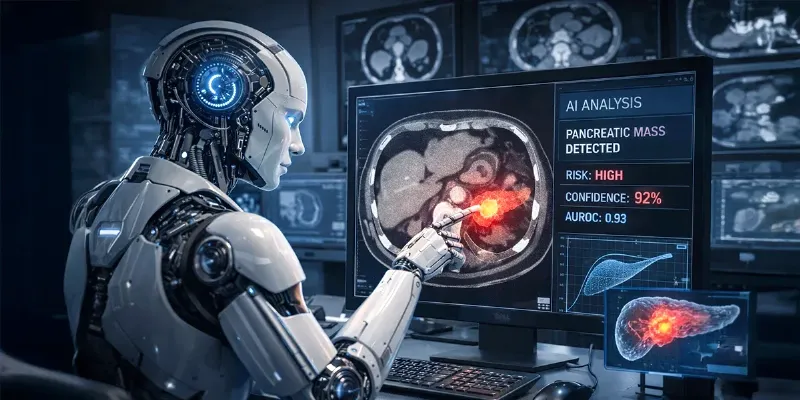
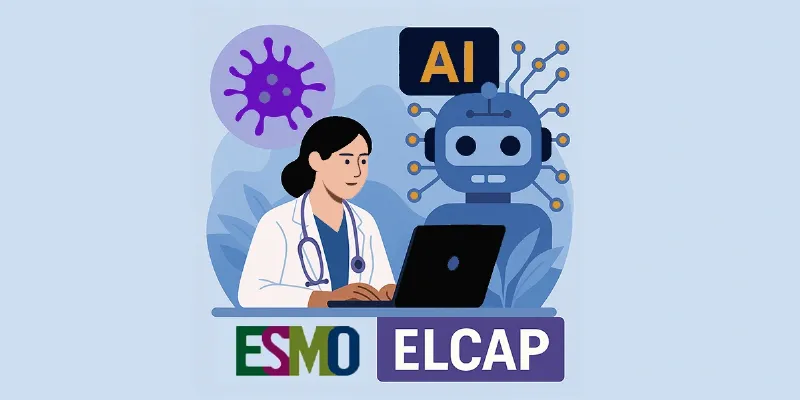

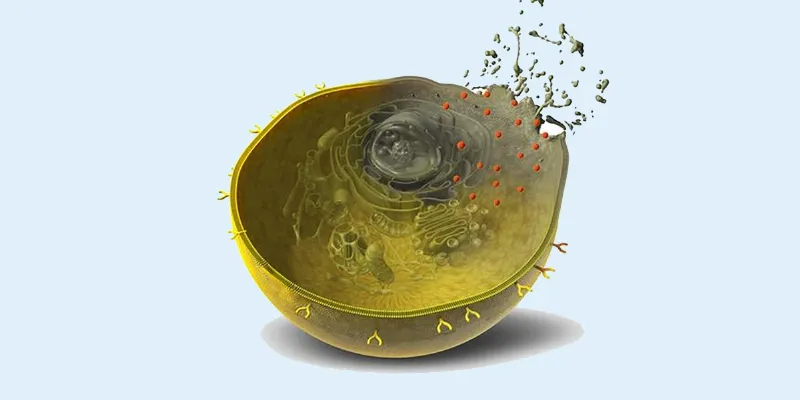

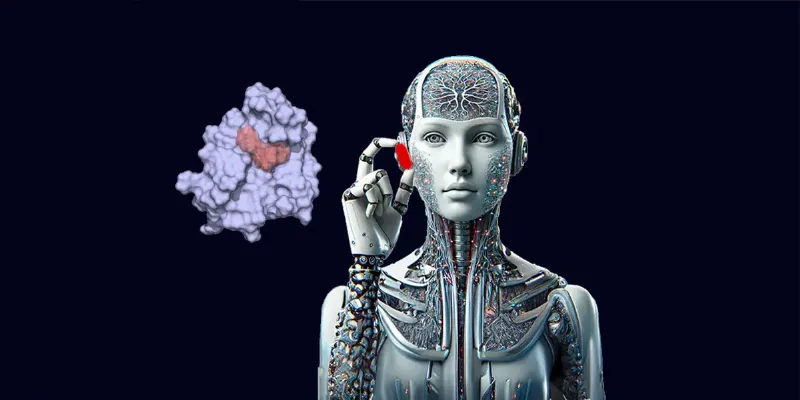
Comments
No Comments Yet!